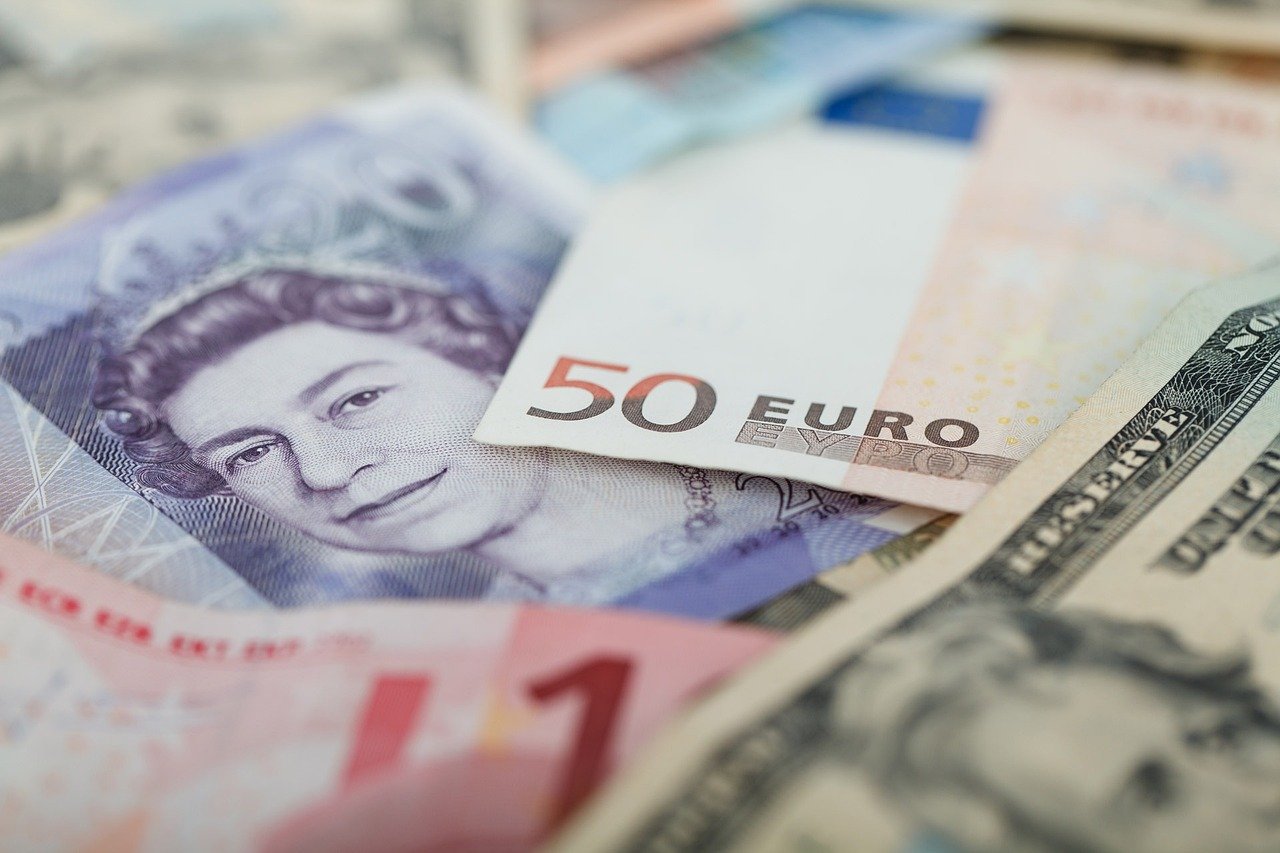Cooking up Amazing Trips contains affiliate links. If you purchase through these links, I may earn a commission at no extra cost to you. See my Disclosure Policy for more information. Thanks for supporting my blog!
Currency exchange, cards, and cash abroad (Complete Guide)
If you have come this far, I imagine you are planning a trip and have questions about where to exchange currency or use cards abroad.
These are some of the most common questions before visiting a foreign country: Where do I change my money? In my country of origin? In the destination? Maybe in my bank? Or better at the airport?
If yes, you are in the right place. Here, you will find everything you need to know about money and travel, like where to change currency and cards abroad.
Before starting, and so that you can see that I know what I’m talking about, I would like to clarify that my advice is based on the following:

- I have over 20 years of travel experience, having visited more than 50 different countries.
- More than 15 years working in banking.
- Almost one year working in a currency exchange office.
Essential Concepts about Currency Exchange and Cards Abroad
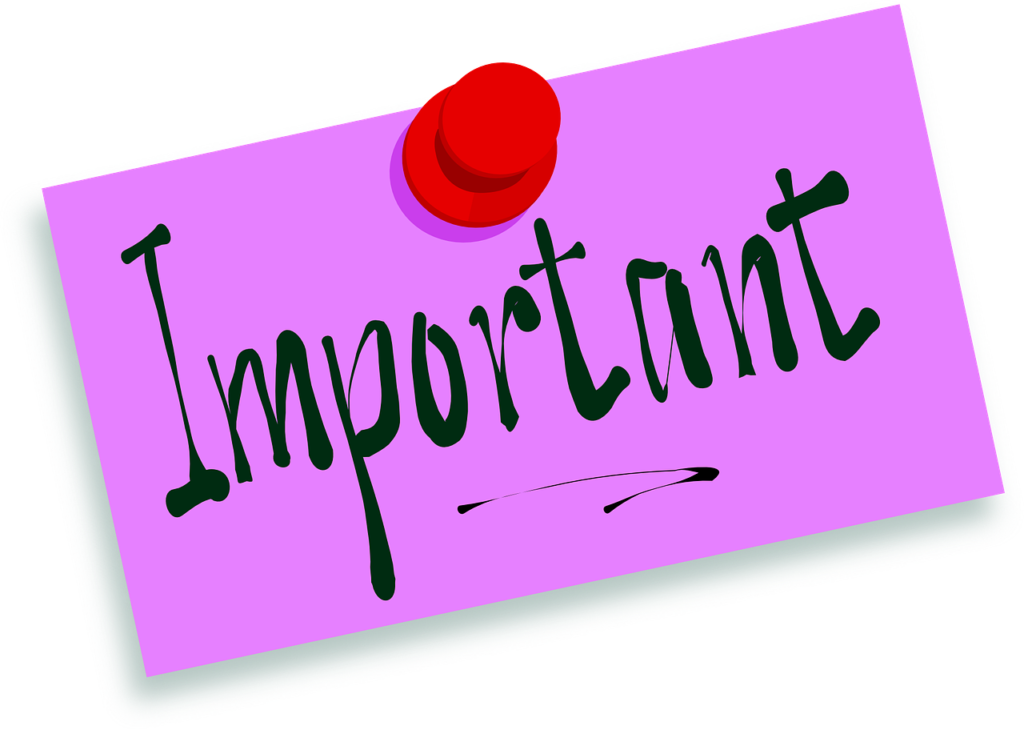
For those unfamiliar with this topic, I will clarify some basic concepts which we often overlook because they will help you understand my advice better.
If this is not your case, you can skip to the next section, although it never hurts to refresh your knowledge, don’t you think? 😜
a) Types of Currency

There are 2 types of currency, and it is important to know which type they use in the country you’re visiting because it affects where you can exchange it:
- Restricted currency: They are subject to the restrictions of each country, and the government establishes their prices. They can only be used as a form of payment within the country or sometimes in neighbouring countries. If this is the case, you’ll most likely have to purchase them upon arrival. Check with your exchange office or bank to see if you can get it beforehand (sometimes it’s possible if it’s a high-demand currency).
- Unrestricted currency: Those freely exchangeable without state intervention. The international market determines its price. They are the majority, and you can buy them in your country of origin.
In the table below, you can check the currency of each country, its international acronyms and whether it is restricted or not.
You can easily search for a specific country or currency name to find the country(s) where they use it or sort the table according to your preferences.
b) Exchange Rates

When it comes to currency exchange, there are 2 relevant exchange rates:
- Buyer’s exchange: The one applied when you buy foreign currency. It is usually lower than the official rate.
- Seller’s exchange: It’s an exchange rate applied when selling leftover currency after a trip. It is typically higher than the official rate.
Keep in mind that the exchange rate fluctuates on a daily basis. Numerous websites provide reference rates from the wholesale market, but it’s important to note that these rates won’t necessarily apply to you as a final consumer.
My favourite website for consulting is XE.com
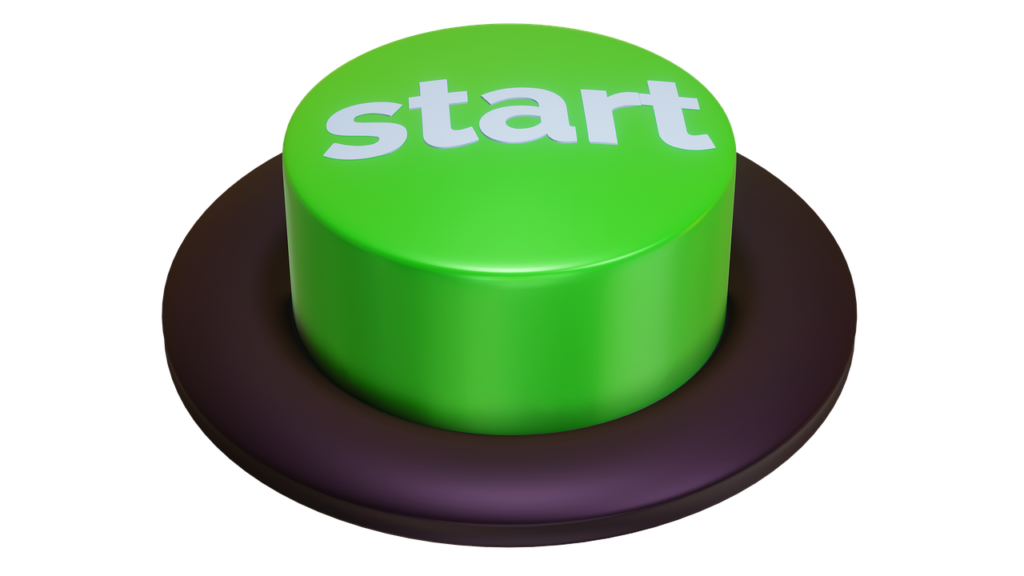
Now, once the basic concepts are clarified, let’s start!
Currency Exchange
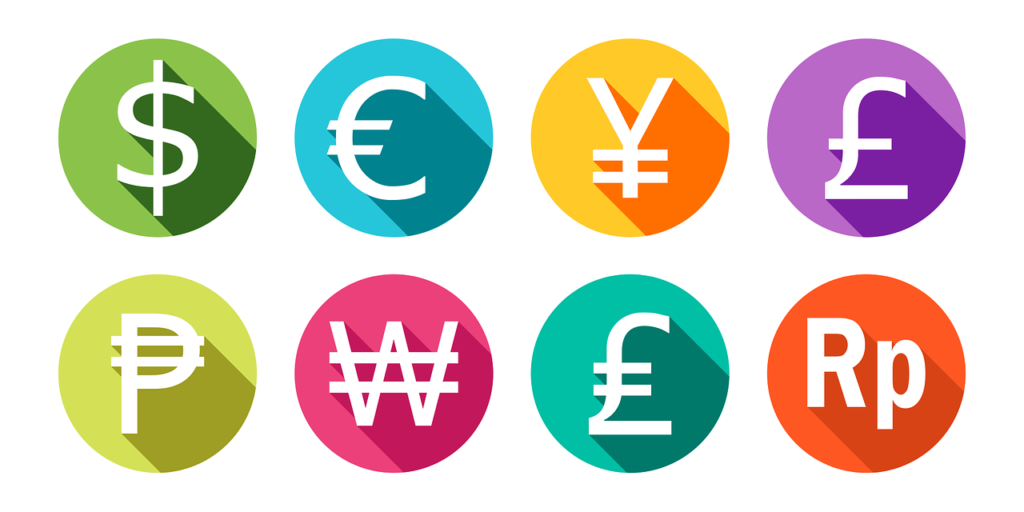
Although plastic money is the most used in most countries today, this may not be the case, depending on where you travel.
Unless you travel to countries like Sweden, you can pay for everything with a card (in fact, most places do not accept cash); carrying some cash in the local currency for small expenses is normal and most advisable.
But where is the best place to exchange my money?
Tips
- *️⃣ Never change at the airport. At the airport, the exchange houses usually offer the worst rates and may even apply commissions, taking advantage of those who have no other choice.
- *️⃣ It is a common misconception that banks are the cheapest option but are often NOT the best choice.
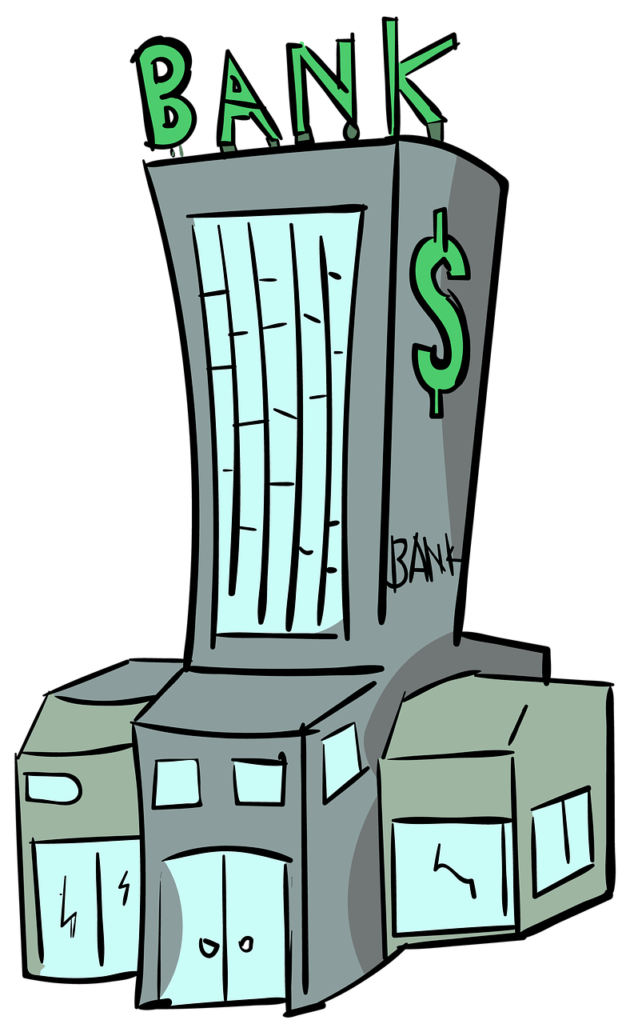
To keep in mind before exchanging money at the bank
- Banks ARE NOT experts in currency exchange; that’s the job of exchange offices. Since foreign currency is not their primary business, they may not have foreign currency readily available and may need to place a request for it. This incurs a cost for them that will ultimately impact you in one way or another.
- They frequently charge a commission of between 2.5% and 3%. But don’t be fooled by those who say “no commissions”. They don’t charge a commission, per se, but that doesn’t mean they don’t profit from the transaction at your expense. The commission is hidden behind the exchange rate (I will explain it in the next point).
- They’ll charge you a fee known as differential or spread on the currency. This fee represents the difference between buying and selling rates. The exchange rate applied to you is not the market rate, as this is where they profit. That is why you must always ask for the ‘effective exchange rate’ (the one they apply). You should compare this rate with what other exchange service providers offer you to ensure that you get the best deal.
- *️⃣ Search and compare to get the best rate. If you don’t have an exchange office nearby, online comparators tell you where to get the best exchange rate. Some even offer home delivery.
- *️⃣ Please don’t leave it to the last minute to buy it. Planning and buying in advance is better than scrambling at the last minute and overpaying.
The day I buy the flights, I begin to observe the evolution of the currency and its historical data to get an idea of a reasonable price.
- *️⃣ Of course, never buy on the street or in places that don’t inspire confidence. You run the risk of being scammed, losing your money, or worse.
- *️⃣ If you have money left over after your trip, exchange it before leaving the country, but not at the airport!
- *️⃣ Don’t come back with pocket change. When you return from your trip, if you have any foreign money left over and want to exchange it for your currency, remember that you’ll only be able to exchange the bills, not the coins. So, spending your coins before leaving the country is better because they may not have any value back home. Moreover, ensure not to return with only small amounts of money, as it may not be worth the exchange fees.
Shopping Abroad
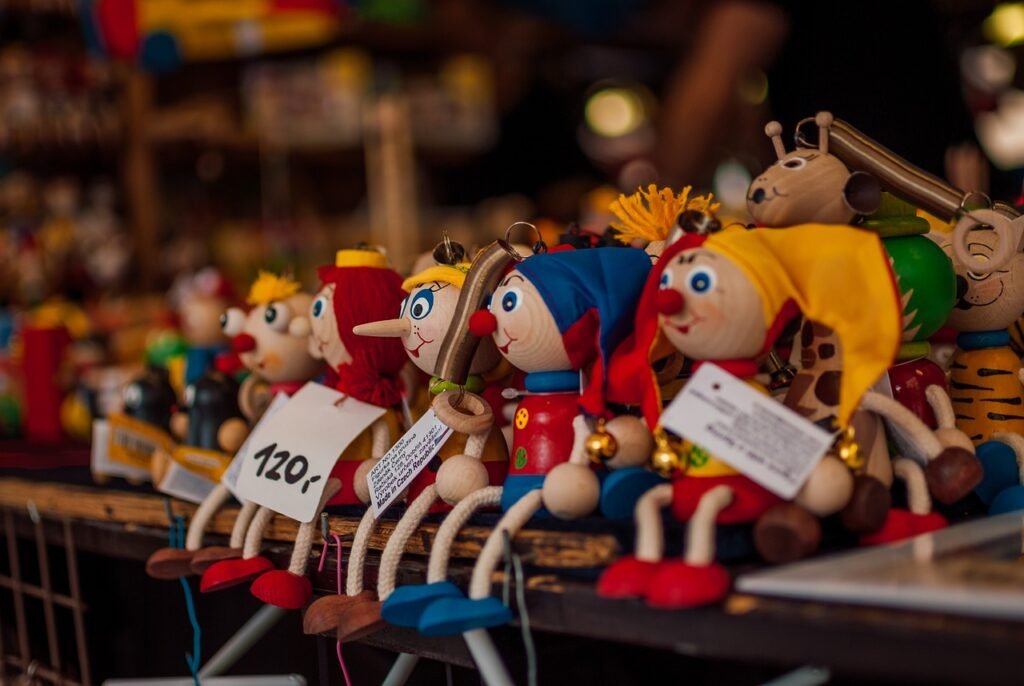
- *️⃣ Paying by card is always recommended, as it is usually more advantageous. However, before travelling, check with your bank for your card’s specific conditions regarding:
- The commission for payments abroad is rare, but some entities still apply them to certain cards.
- The exchange rate for foreign transactions that your bank charges in currency conversion. Always remember that the official change is only indicative, not the one you’ll get.
- Check your available balance limit before starting your trip to prevent running out of funds halfway through.
- *️⃣ If it’s the first time you will use a card outside your country, make sure it is activated for this. Sometimes, for security reasons, these payments need to be enabled.
- *️⃣ When you make a purchase at the destination, always choose to pay in the local currency. Many stores offer the possibility of paying in your currency, which is tempting, but the exchange rates they often apply are very harmful.
- *️⃣ Before leaving on a trip, find out and write down the specific telephone number to call and cancel the card from abroad in case of theft or loss. Nowadays, blocking the card from your mobile phone through the bank’s app is also possible.
Visa and Mastercard have free contact telephone numbers for these incidents. Check the telephone number of your country in the following links:
Withdraw Cash Abroad
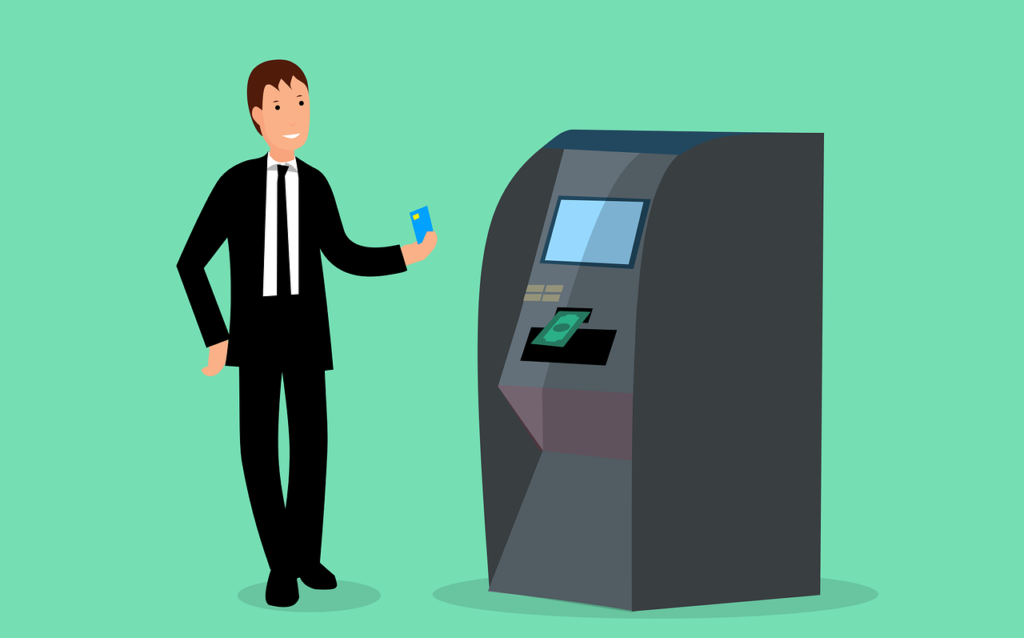
Commissions
Currently, withdrawing money abroad is not a big deal. The main drawback is the commissions.
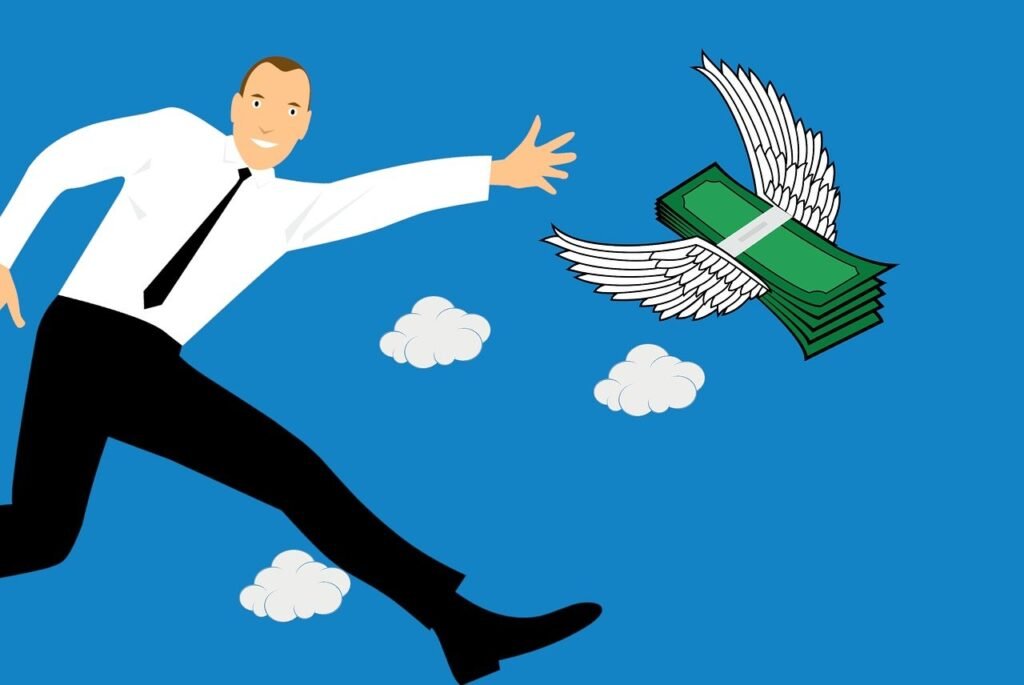
You may encounter up to three different fees when using an ATM in a foreign country. It does not mean that all will necessarily apply to you. Whether they charge you one, all, or none will depend on the bank in question, but these are the options:
- The commission your bank charges you for using the card abroad. Not all banks charge the same, but these commissions are usually high (between 2% and 5%). If you withdraw with a credit card, you will be charged an additional 3-4% fee. This also applies if you take out credit in your country.
- The one that the foreign ATM charges you for using a card that is not theirs.
- The currency exchange commission. Your bank also will charge you this.
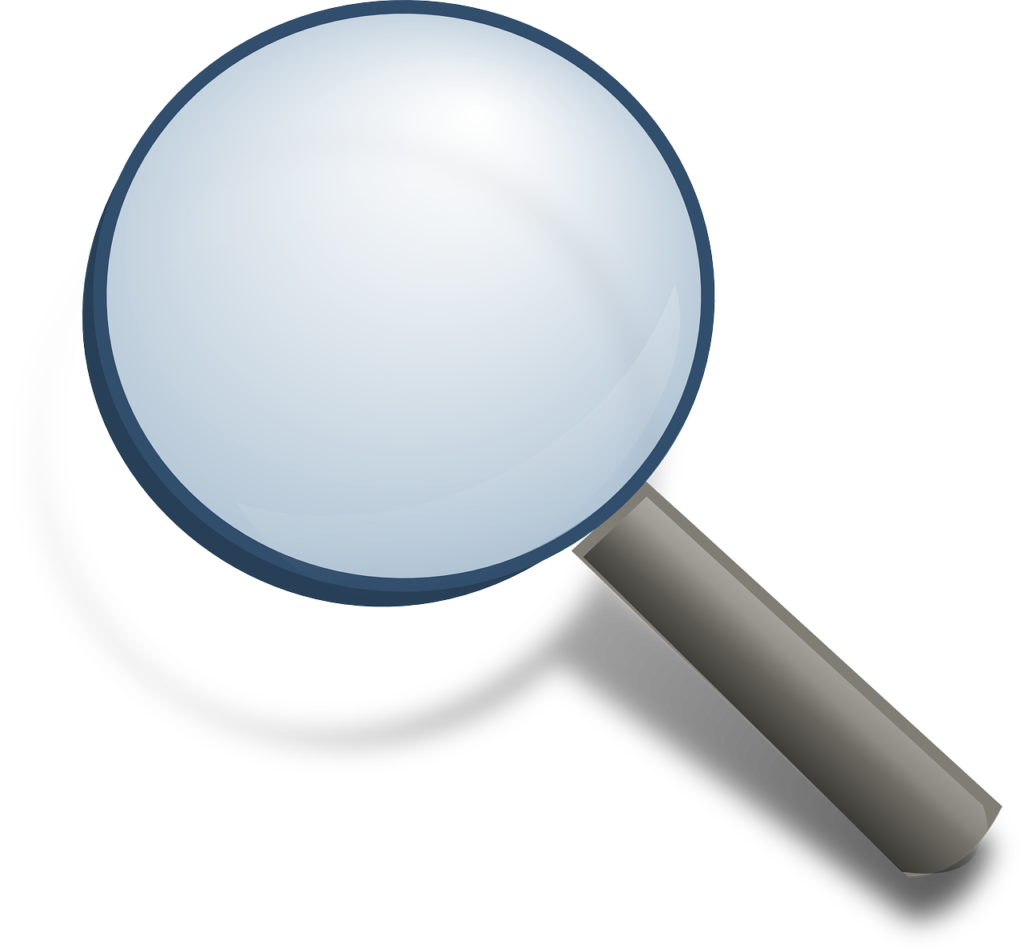
You will also have to consider the exchange rate for both purchases and cash withdrawals. It is the one that your bank applies to you when carrying out an operation in a currency different from your account; your bank applies a conversion rate to you. Remember that it will never be the official one and can be more or less harmful.
Cards Abroad
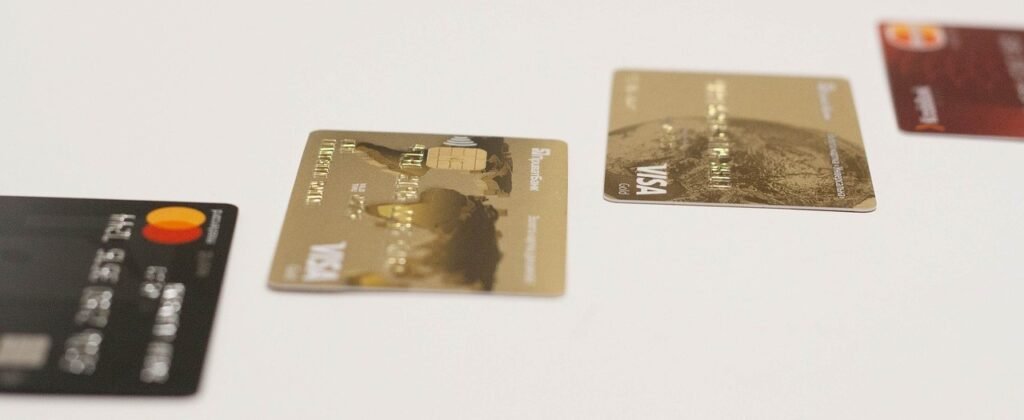
Fortunately, electronic banking has made it possible to use free cards on trips without paying commissions. Some of these cards are:
- Revolut: It’s a prepaid and debit Mastercard card with zero commissions. It offers excellent exchange rates and doesn’t charge for purchases or cash withdrawals (up to €200). It’s the one I use.
Legal residents of the United Kingdom, the European Economic Area, Australia, Canada, Singapore, Switzerland, Japan, and the United States can open an account.
- N26: It allows 3 free withdrawals per month at any ATM in the world. However, this Mastercard card is available only if you reside in one of the European Union countries.
- Vivid Money: A free Visa card that makes real change and does not charge anything for paying in foreign currency or withdrawing at ATMs. The only drawback is that account registration is currently limited to residents of Spain, Germany, or Italy.
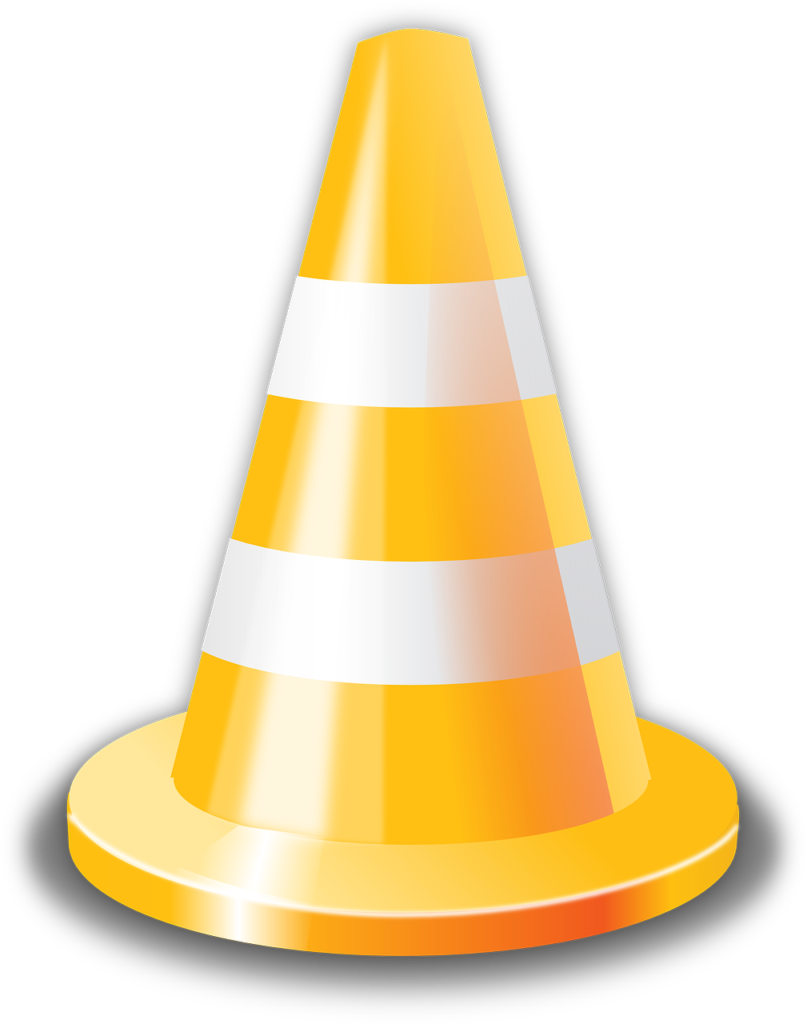
Watch out! Please note that some banks offer “travel cards” that do not charge a currency exchange fee when making purchases. However, remember that fees may still apply if you withdraw money from an ATM, and you should also pay attention to the exchange rate being applied.
I hope this article has been helpful and saves you money on your travels.
If you still have any questions about this topic, do not hesitate to contact me by leaving a comment or using the contact form. I will be happy to help you. 😊
If you want more tips on how to save on your trips, I recommend my article Travel Cheap.
Or if you got here because you are already finalising the details of your next adventure, don’t miss Travel Logistics.
Additional Information
You can also check my itineraries in Itineraries. Here, you’ll find them classified in City Guides and Country Guides.
Alternatively, in the section Destinations, they are classified based on the type of trip:
- Amazing Experiences. It covers the most extensive and complete trips.
- Beach and Sea. For those who prefer quieter activities by the sea.
- City Breaks. Short trips with a single destination.
📌 If you prefer to see them separated by continents, check them in Portfolios.
Remember to check Cook up Your Trip. There, you will find everything you need to organise your trip from start to finish.
Ready to Book your Trip?
To help you organise your adventure, I’ve gathered the best tools I use and recommend for booking flights, hotels, local transport and more. These links support this site at no extra cost to you.
🧳 Book Your Trip Here
- ✈️ Flights: Compare the best prices on flights using Kayak.
- 🛏️ Accommodation: Find hotels and unique stays at great prices worldwide with Booking.com.
- 🚐 Transfers: Pre-book your airport or city transfers to avoid stress on arrival with Welcome Pickups.
- 🚗 Car Rentals: Explore destinations at your own pace by using Discover Cars or Auto Europe to compare reliable car rental providers.
- 💺Transport (Bus and Train Tickets): Compare schedules and easily book intercity bus and train travel with Omio.
- 📷 Tours & Activities: Book fun experiences, guided tours, and skip-the-line tickets in advance with GetYourGuide or Viator.
- 🌐 Internet Connection: Stay connected abroad with eSIMS from Airalo.
Safe travels! 🌏✈️

